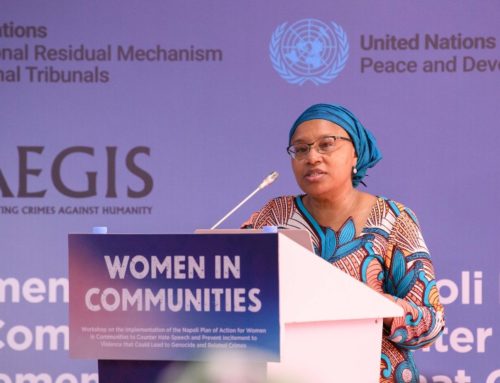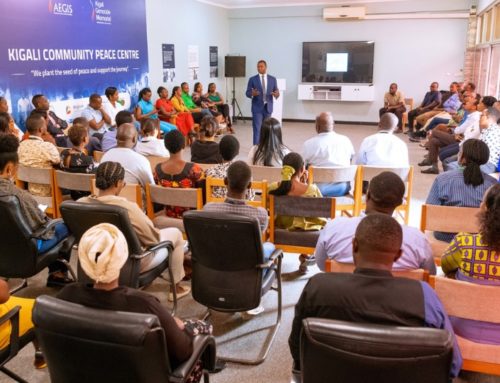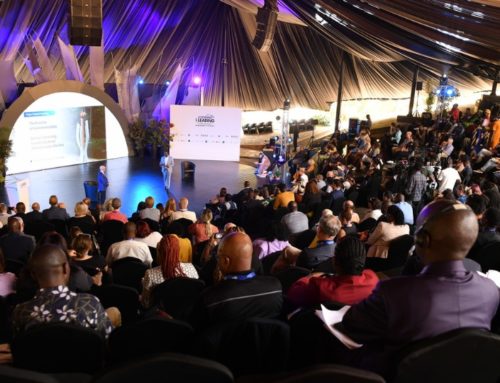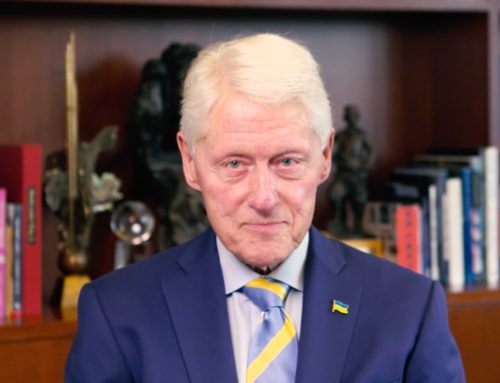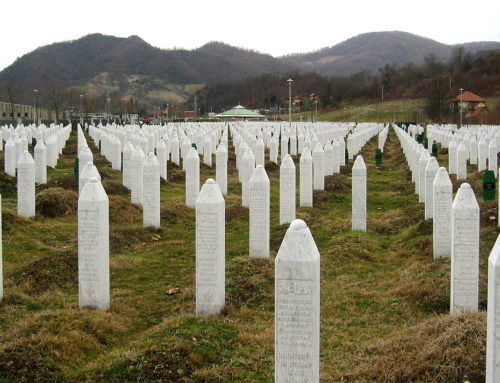On becoming Chair of the Aegis Trust Board of Trustees, Jenny Ohlsson, Sweden’s former Ambassador to Rwanda, has been interviewed at Aegis’ birthplace – the UK National Holocaust Centre. She takes over from business leader Peter Whittle, who has held the role for the past three years.
“I actually heard about Aegis Trust more than 20 years ago,” says Ohlsson. “This was connected to a project on Holocaust education for young people. I was working in the Prime Minister’s office in Sweden. We found this amazing small organisation, two brothers in England, doing phenomenal things on Holocaust education, so we decided to cooperate with them. And after that I was extremely happy to see that Aegis Trust was also working in Rwanda, where I was posted twice as a diplomat.”
A quarter century ago when Swedish Prime Minister Goran Persson launched the Task Force for International Cooperation on Holocaust Education, Remembrance and Research (now the International Holocaust Remembrance Alliance, IHRA), Ohlsson was one of the youngest staff members in his office to be involved; the UK National Holocaust Centre was just three years old, and the Kosovo crisis – which catalysed the launch of the Aegis Trust – was yet to happen.
Touring the site with Dr James Smith, who co-founded both the Holocaust Centre and the Aegis Trust with his brother Stephen, Ohlsson found it meaningful to visit the place where it all began.
“It’s been such an experience to be here at the Holocaust Centre,” she said. “I was looking forward to it, but it really exceeded my expectations. It’s a beautiful place; it’s a difficult place. Learning from horrible events in history is a human obligation, it is the foundation of saying “Never Again”. A lot of thoughts and emotions come from visiting the Holocaust Centre. I’ve been to museums about the Holocaust before, but I think this is very special. The centre really had the perspective of the victims and the survivors. It also highlights the personal responsibility of every human being in this kind of horrible situation where people are persecuted and killed simply for who they are. You can be a bystander – or you can take a stand ”
As incoming chair of the Aegis Trust Board, Ohlsson will be helping the organisation strengthen ways in which both the public and politicians can be more effectively committed to core values included in Aegis Trust peace education – empathy, critical thinking, trust and personal responsibility. “I’m very excited to be connected to Aegis Trust, to support and volunteer in any way I can,” she says. “Of course, it’s an honour to be chair of the board.” Reflecting on major upcoming events, Ohlssons mentions the their 30th commemoration of the Genocide against the Tutsi in Rwanda next year as an important event for both remembering and learning. “We also continue to see new situations with rising ethnic persecution and violence around the world. The experiences and knowledge of Aegis Trust can be useful in these societies” she says, relishing the challenge.
The Aegis Trust’s life-saving work would of course not be possible without its supporters. Jenny Ohlsson wanted to finish her interview with a message of thanks for all of you.
“I’d like first to say thank you for all the support and friendship … the value of Aegis Trusts knowledge and work really expands tremendously when friends and supporters help spread the values that Aegis tries to convey,” she says. ”Basically, your support and friendship is more important than ever, because the voices and action that promotes peace needs to be stronger than ever.”

